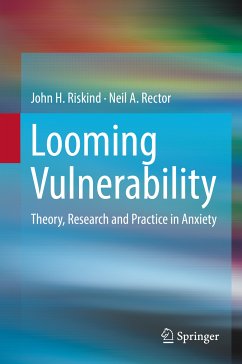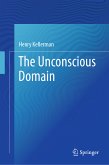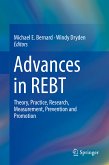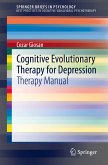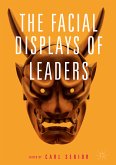· Introduces the Looming Vulnerability Model in its evolutionary, developmental, cognitive, and ecological contexts.
· Unites diverse theoretical strands regarding anxiety, fear, and worry including work on wildlife behavior, experimental cognition and perception, neuroimaging, and emotion.
· Defines the looming cognitive style as a core aspect of vulnerability.
· Describes the measurement of the looming cognitive style, Looming Maladaptive Style Questionnaire, and measures of looming vulnerability for specific disorders.
· Details diverse clinical applications of the LVM across the anxiety disorders.
Spotlighting phenomena particularly relevant to current times, Looming Vulnerability, brings a wealth of important new ideas to researchers studying anxiety disorders and practitioners seeking more avenues for treating anxiety in their patients.
Dieser Download kann aus rechtlichen Gründen nur mit Rechnungsadresse in A, B, BG, CY, CZ, D, DK, EW, E, FIN, F, GR, HR, H, IRL, I, LT, L, LR, M, NL, PL, P, R, S, SLO, SK ausgeliefert werden.

